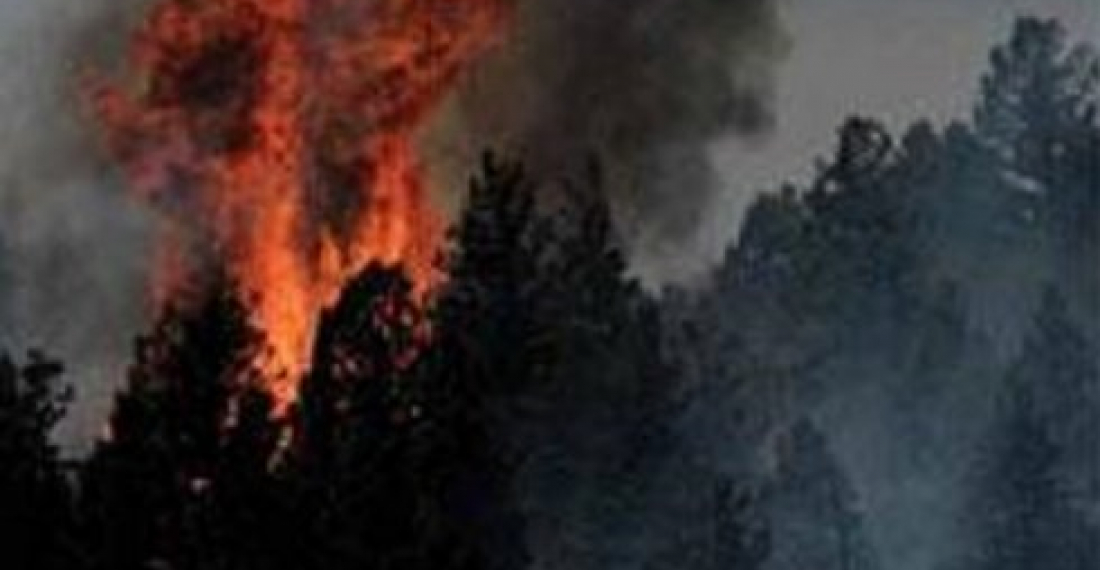The Georgian parliament on Wednesday (23 August) unanimously adopted a resolution supporting the request of the Georgian President for the armed forces to be deployed in support of the civil authorities to fight large forest fires in several Georgian regions. The President was responding to an official request from the government.
Anticipating the decision soldiers worked overnight to bring under control fires in the Borjomi area, as well as in the Ateni Gorge, in the Shida Kartli region of Georgia. Fire also erupted in a forest area near the village of Boshuri near Gori.
Georgian government sources said that the fire was under control in the Ateni Gorge but soldiers remained in the area to monitor the situation
The fire fighting effort has seen a rare moment of regional co-operation. Apart from the soldiers, fire-fighters and civil defence personnel from Georgia, 95 firefighters from Azerbaijan, and 70 from Armenia have been assisting in the operation, bringing with them heavy equipment. Helicopters from Turkey, Azerbaijan and Belarus are also involved.
A special emergency team under Prime Minister Kvirikashvili has been managing the dramatic operation which has been followed with great concern by the georgian public.
source: commonspace.eu with agencies






